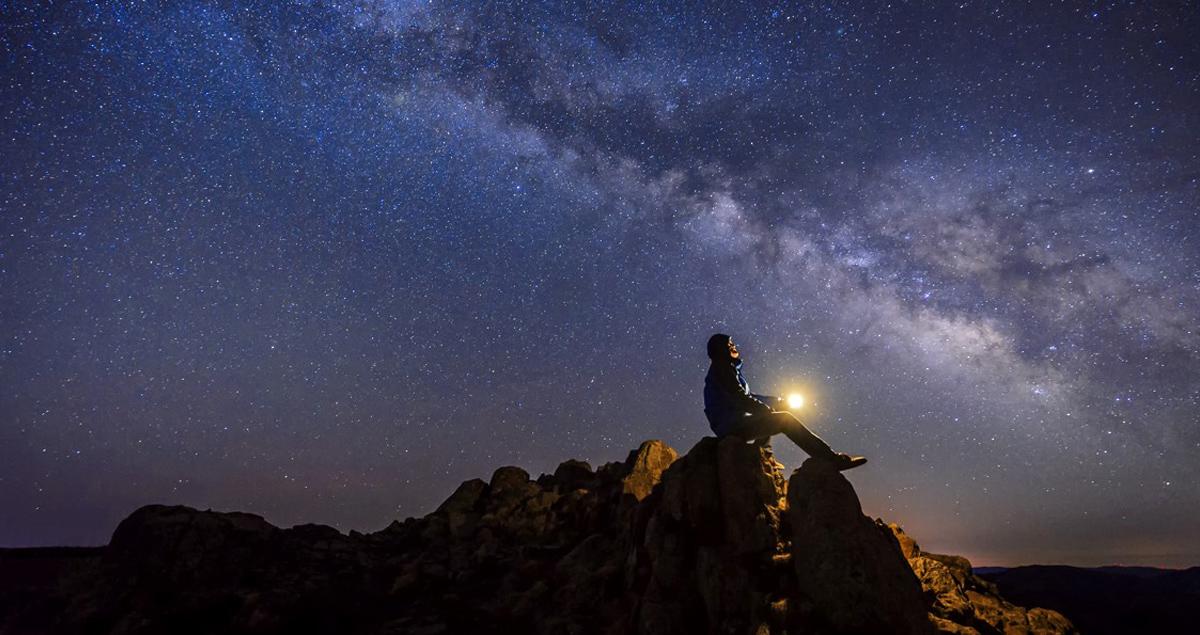Science for everyone

Humans have been trying to tell the future for at least 4,000 years. But our efforts have mostly been useless. What passed for prediction was prophecy, fantasy or guesswork. In all that time we have found only one reliable means of predicting events: the scientific method.
Scientists are now busy casting predictions not just for the world, but the universe. Where will this galaxy appear? How will that cell line evolve? Some of their predictions will hold for all time.
Cosmologists map out the future over tens of billions of years. Even quantum field theory, which holds that the behaviour of particles is fundamentally unpredictable, has itself enabled predictions accurate to ten parts in a billion.
The non-scientists among us are less qualified to make predictions. But here are a couple. First, in the coming year, basic scientific research will produce new breakthroughs. And, second, most of us won’t notice.
If this seems hard to believe, let’s try a (not very scientific) experiment. Here is a list of major discoveries made so far this decade:
2010: Humans are hybrids
Scientists sequence the genome of fossilised Neanderthals, revealing that many of us carry their genes and that the two species interbred.
2011: Earths are everywhere
The first Earth-sized planet orbiting a sun-like star is observed, amid data suggesting there are billions of potentially habitable planets in our galaxy alone.
2012: The Higgs particle exists
The Higgs boson is found, explaining why objects have mass.
2013: Genes are rewritable
CRISPR gene-editing technology is invented, with the potential to revolutionise our control over DNA, cure hereditary diseases and even prevent ageing.
2014: Memories are malleable
Neuroscientists erase, restore and transform memories by shining beams of coloured light on genetically modified brain cells from rats.
2015: Gravitational waves are real
Ripples in spacetime, released by a black hole collision over a billion years ago, are discovered, confirming Einstein’s prediction.
2016: Earth has a neighbour
Astronomers discover a potentially habitable Earth-sized planet around the nearest star to the Sun.
How many of those breakthroughs really broke through to the public consciousness? Many people will have heard the announcement of the Higgs boson on July 4th 2012. But by way of comparison, the Korean pop single “Gangnam Style” came out 11 days later. Since then, the most popular YouTube video on the Higgs particle has received over 2m views. “Gangnam Style” has well over 2bn. A catchy tune gripped us more than a profound insight into fundamental reality—by three orders of magnitude.
This is a waste. On a human level, it’s a waste of talent. How many born scientists never discover their gift because they are never exposed to science? On a practical level, it’s a waste of opportunity. It slows the pace of innovation, which drives economic growth and offers our only long-term hope against existential threats like epidemics or asteroids.
On a more fundamental level, it’s a waste of life itself. We humans are a flux of atoms that were forged in stars. But perhaps uniquely in the universe, our atoms are arranged in such a way that we can wonder what the universe is, what atoms are, what it means to wonder. We can question, hypothesise, know. We can predict the future. We have a duty to ourselves, and to the cosmos, to use our improbable intelligence to the full.
A universe of knowledge
There may, however, be signs of a shift in focus. The most promising is the democratisation of knowledge.
A basic education in science can now be gained through Wikipedia alone. A more advanced education is available on YouTube. Whole fields, including much of physics, publish new research online. The open-data movement delivers the raw material of science to anyone who wants it. Crowdsourcing platforms are changing the way science is done, from online collaborations between top-class mathematicians to distributed-computing platforms that allow anybody to comb data and make discoveries. Meanwhile, scientists are realising that a crucial part of the job is communicating their ideas and their excitement to the public. As access to knowledge becomes universal, it may kindle the desire for more.
So although most of us can’t predict the future, we can hope that in the coming year, we see the emergence of a knowledge culture, in which more of us are invested in the quest that we were born for: the quest to know.





